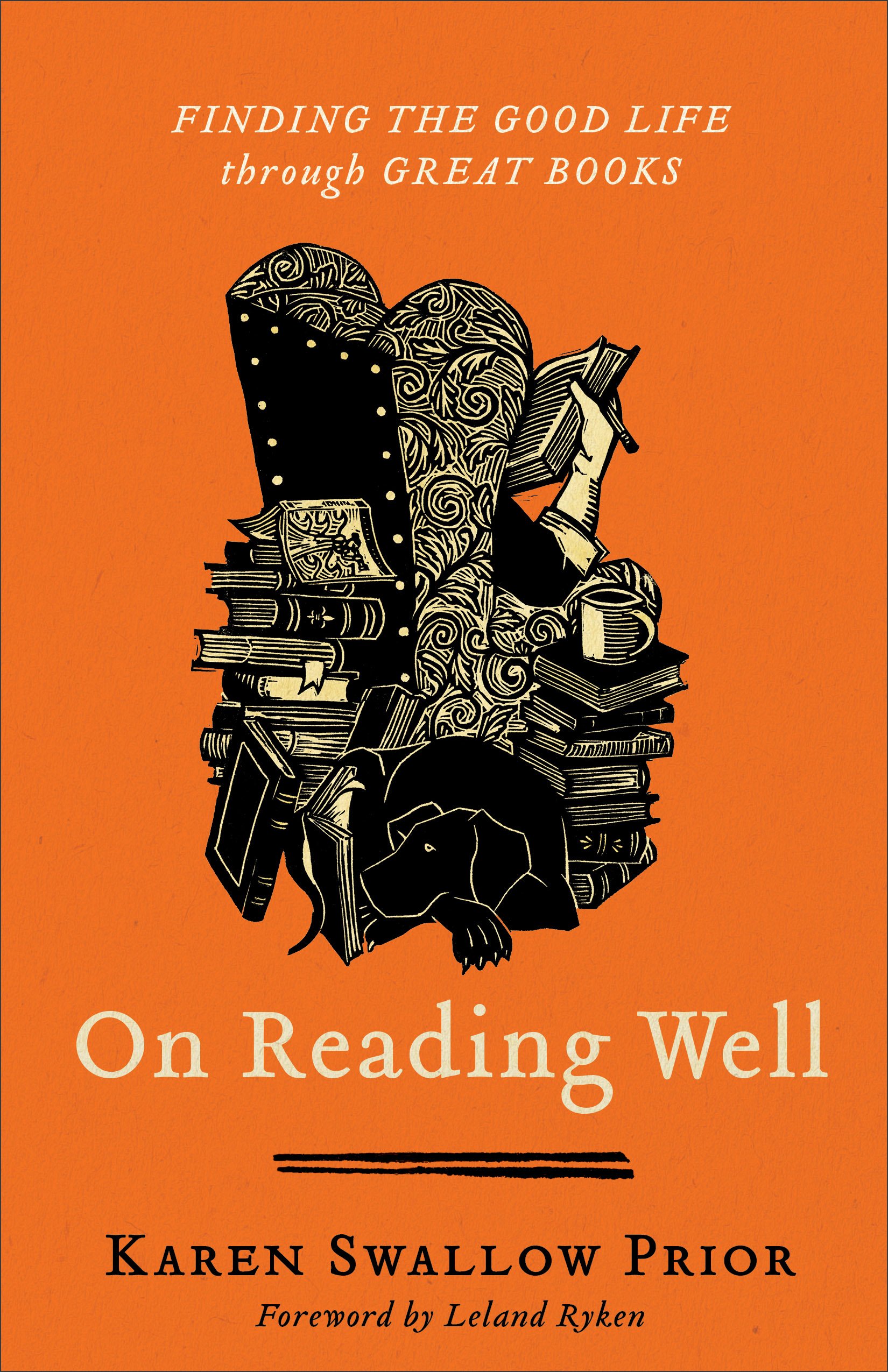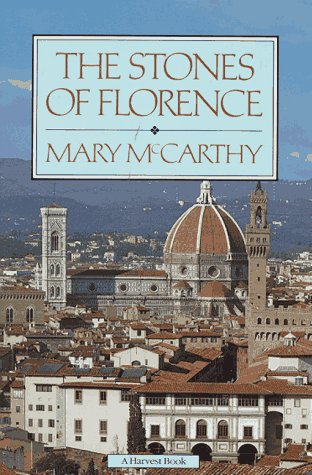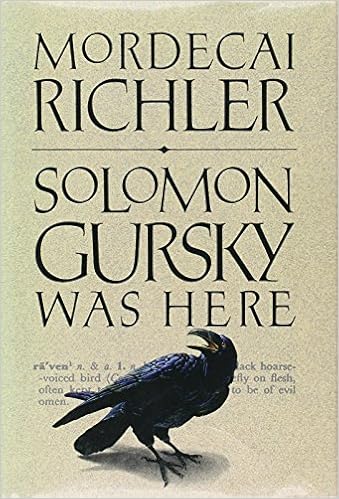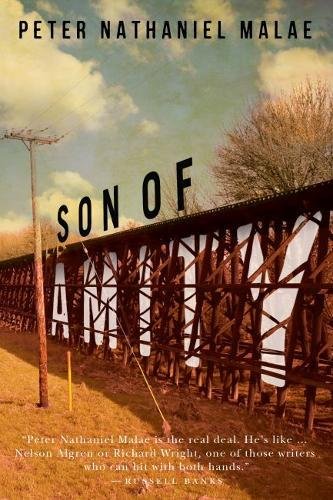Carole Vanderhoof is the editor of a new anthology from
Plough Publishing House,
The Gospel in Dorothy L. Sayers. Many people know Sayers as the author of the Golden Age mystery series featuring Lord Peter Wimsey and Harriett Vane. This book traces faith-based themes through Sayers's popular fiction and other writings.
Carole recently talked with Rose City Reader about Dorothy L. Sayers, her writing, and this new anthology:
Before we get to the book, can you introduce us briefly to Dorothy L. Sayers?
Dorothy Sayers was a British author, a Renaissance woman with a great deal of intellect, which she applied to different projects at different times of her life. Just out of college, she published two books of poetry. Then she worked as an advertising copywriter in London. She supplemented that income by writing murder mysteries until 1937 when she began writing stage and radio plays with Christian themes. As a result of her popularity, she was asked to lecture and write essays, magazine and newspaper articles. During the war she did a series of short radio broadcasts to the troops explaining the
Apostle’s Creed. At the end of the war she began to translate Dante's
Comedy from the medieval Italian into English verse. She didn't finish the third book,
Paradise, but passed away when she was about two-thirds through it, in 1957.
Perhaps what made her so popular was that although she was a scholar, she was not pious, never prim. Her down-to-earth metaphors, her enthusiasm, I would call it gusto, and firm grip on the realities of life made her popular with real people, and those in the church who could see the value of a popular defense of basic Christian doctrine.
C.S. Lewis said, “There is in reality no cleavage between the detective stories and her other works. In them, as in it, she is first and foremost the craftsman, the professional. She always saw herself as one who had learned a trade, and respects it, and demands respect for it from others.”
The Gospel in Dorothy L. Sayers is an anthology. Please explain what that means and how the book is organized.
Many people know Sayers as a
mystery writer. Some folks only know her for her play-cycle on the life of Christ,
The Man Born to be King. There are others who only know her as a promoter of classical education. So what I have done is bring together examples of her writing under topical headings. No one else has ever tried to do that, and I must say, it wasn’t easy. But each chapter begins with a chunk of her fiction that applies to a topic, for instance, “Creativity,” then is followed by more of her thoughts on creativity from her poetry, plays, essays, lectures, and correspondence. You get to know the breadth of her thought on this topic, instead of just one instance.
What are some of the themes explored in the book and examples of Sayers’s works in which those themes are found?
I have twenty chapters in my book, mostly relating to gospel themes, since the book is part of the Plough series, The Gospel in Great Writers. Some of them are Sin and Grace, Forgiveness, Judgment, Belief, Pride, Despair and Hope, Sacrificial Love, Incarnation, Time and Eternity.
An example of a chapter that is relevant today is the one on Equality. I start the chapter with a passage from
Gaudy Night, a mystery that takes place in a women’s college at Oxford. Dorothy herself graduated from a similar college, in the days when women were not given degrees. She only got her degree from Oxford in 1920, five years after completing her education. Anyway, that’s just to say that she knew inequality, and had to deal with it for many years. The conversation that I use to start the chapter is between a student and Harriet Vane, a graduate. The student would rather not be at college, she wants to be a cook. But her parents expect her to go to college because they were women’s rights activists themselves. So that’s the interesting dilemma that starts that chapter.
Then I quote from “Are Women Human?”, a lecture that Dorothy gave to a women’s society in 1938, where she begs to be treated as an individual, not a member of a class of people. Here’s a little quote:
I am occasionally desired by congenital imbeciles and the editors of magazines to say something about the writing of detective fiction “from the woman’s point of view.” To such demands, one can only say, “Go away and don’t be silly. You might as well ask what is the female angle on an equilateral triangle.”
After that spicy extract, I include a scene from a play about Mary and Martha, then end the chapter with some paragraphs from “The Human-Not-Quite-Human,” a magazine article from 1941, where she talks about how Jesus treated women:
Perhaps it is no wonder that the women were first at the Cradle and last at the Cross. They had never known a man like this Man – there never has been such another. A prophet and teacher who never nagged at them, never flattered or coaxed or patronized; who never made arch jokes about them, never treated them either as “The women, God help us!” or “The ladies, God bless them!”; who rebuked without querulousness and praised without condescension; who took their questions and arguments seriously; who never mapped out their sphere for them, never urged them to be feminine or jeered at them for being female; who had no axe to grind and no uneasy male dignity to defend; who took them as he found them and was completely unself-conscious.
So you can see that each chapter is composed of extracts from Dorothy’s pungent writing on the theme.
The Gospel in Dorothy L. Sayers is part of a series from Plough Publishing House. Can you describe the series a little? Are there more books planned?
The series started with anthologies of Tolstoy and Dostoyevsky, then George MacDonald and Gerard Manley Hopkins were added. Dorothy L. Sayers is the most recent. I know that Plough wants to keep the series going, though I don’t know who might be next. Shakespeare, perhaps? Victor Hugo? I do know that the series has been appreciated and popular.
What did you learn from editing this book – either about the subject of the book or the editing process – that most surprised you?
I didn’t realize what a genius Dorothy Sayers really was. I knew some of her mysteries, and loved them – kind of a mixture of Agatha Christie and P.G. Wodehouse – but wow, you read her essays, and this lady is really a smart, smart cookie.
What do you like to read? What books are on your nightstand right now?
I like big fat books, like Irving Stone and James Michener. I’ve got
Love is Eternal, Irving Stone’s biography of Mary Todd Lincoln beside my bed right now. It is a terrific story, it should be a movie.
What is the most valuable advice you’ve been given as an editor?
Keep it consistent, keep it focused. Cut the rest. Probably good life lessons in there!
THANK YOU, CAROLE!
THE GOSPEL IN DOROTHY L. SAYERS IS AVAILABLE ONLINE, OR ASK YOUR LOCAL BOOK SELLER TO ORDER IT!



























